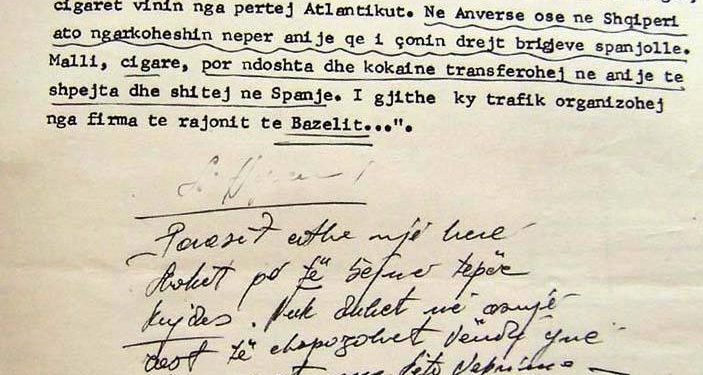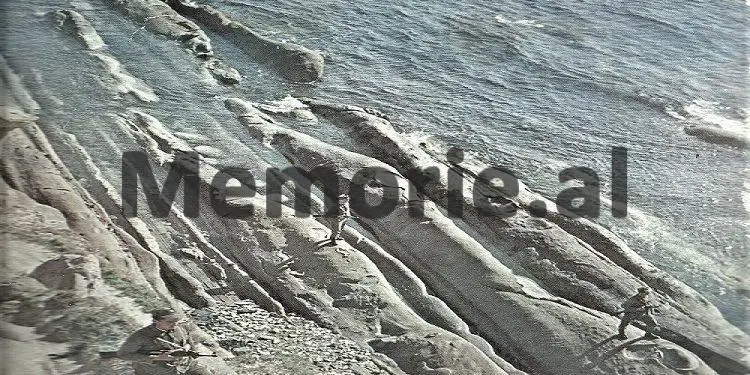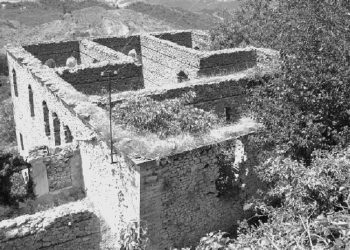The New York Times article on the rare event on the Adriatic coast, in June 1987
Memorie.al / In a rare departure from its long hostility toward the United States, Albania rescued an American-owned private yacht that had entered its territorial waters during a storm in June 1987, sheltered its four occupants for three days, and then allowed them to continue their journey after the weather improved.
In an almost extraordinary manner, given the atmosphere of non-recognition between the two countries since the end of World War II, the Albanian Embassy here notified the American Embassy of their rescue, and received a formal diplomatic expression of thanks from the United States.
Both embassies confirmed their rescue and the exchange of official notes for the transfer of the rescued individuals, but said the incident did not mark any significant sign of change in relations between the two states.
However, an Albanian diplomat said he knew of no other official correspondence sent to American authorities, such as a request for visas from the delegation to the United Nations.
A Softening of Positions
One of the four rescued people was a Belgian female, who, without any prior announcement, was sent to the Belgian Embassy. A Western diplomat said the rescue case was not in line with past actions by the Albanian authorities.
He further stated that sending a humanitarian message to the United States, which had not occurred before, contributed to a softening of the climate of relations compared to previous positions.
Albania is extremely vigilant about protecting its Adriatic coastline, which is bordered by Yugoslavia to the North and Greece to the South.
In its inflexibility, the Government in Tirana had kept all 2.9 million citizens under control, providing constant signals for suspected spies and harboring distrust toward anyone approaching the country’s territory.
However, in late 1987, an Albanian coast guard vessel, in the same location where the rescue occurred, shot and killed two French vacationers who had come from the Greek island of Corfu on a diving excursion to collect pearls.
The diplomat, describing the June incident, said: “The bad weather caused the sails to carry the ship toward the coast, and they sought help. They were rescued, given all the necessary aid, and then continued their journey peacefully at sea.”
“We could not leave them to drown,” the diplomat continued. “Anyone would have done the same. I am sure that the Americans would have done the same.” A European ambassador said: “This is a special case where the Albanians do ordinary things.”
Inside the yacht were the American owner, an American couple, and a female with Belgian citizenship. The American Embassy said that their detention and the taking of their names was done in a regular manner.
An Albanian diplomat affirmed that the rescue incident is not a signal of a change in attitude towards the United States. Regarding this event, a senior American official believes it is a sign of rapprochement and that the United States should take steps toward a normal relationship with Albania.
But he says he knows there is no initiative from the other side. Since the death of the main Albanian communist leader, Enver Hoxha, in 1985, his successor, Ramiz Alia, has been guiding his country in a slow direction toward a greater opening to Western Europe.
Few ties have been established with West Germany, with the hope that diplomatic relations will soon open with France, Italy, and Greece, with which relations already exist. Memorie.al
The article was published in the New York Times on September 13, 1987.
The title is editorial













